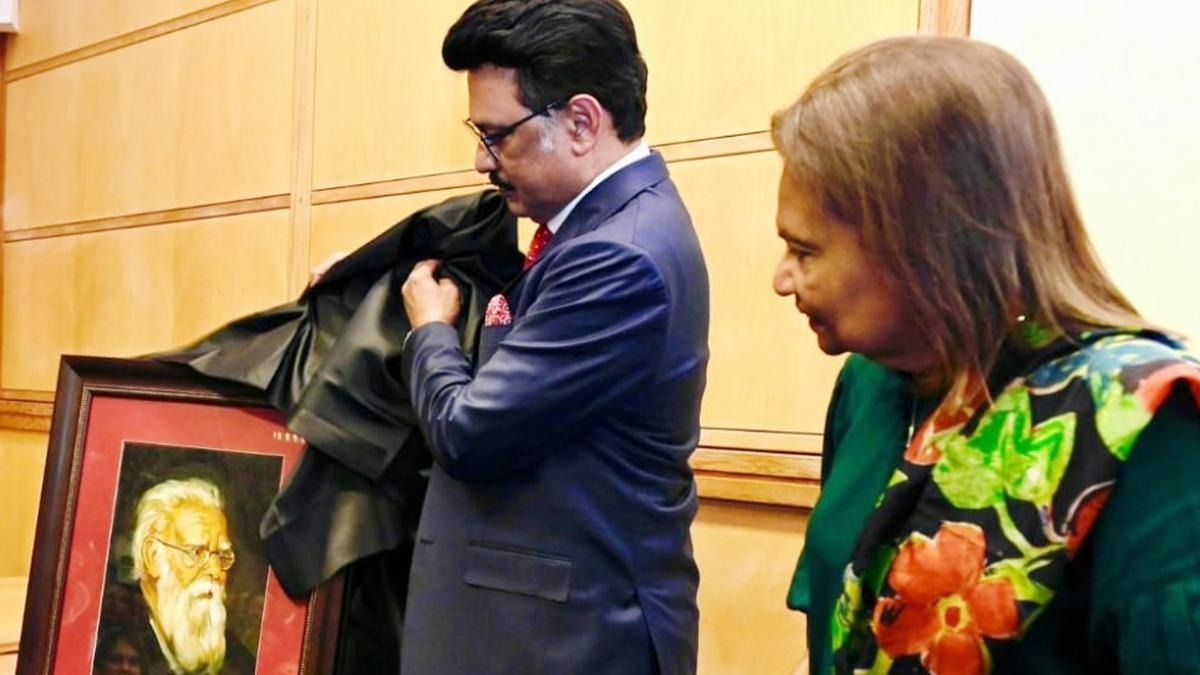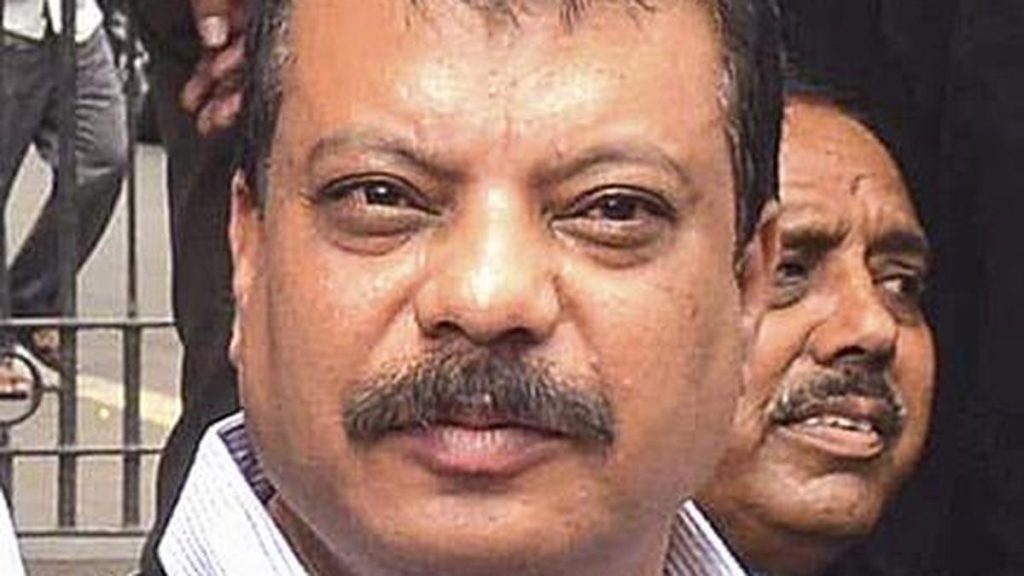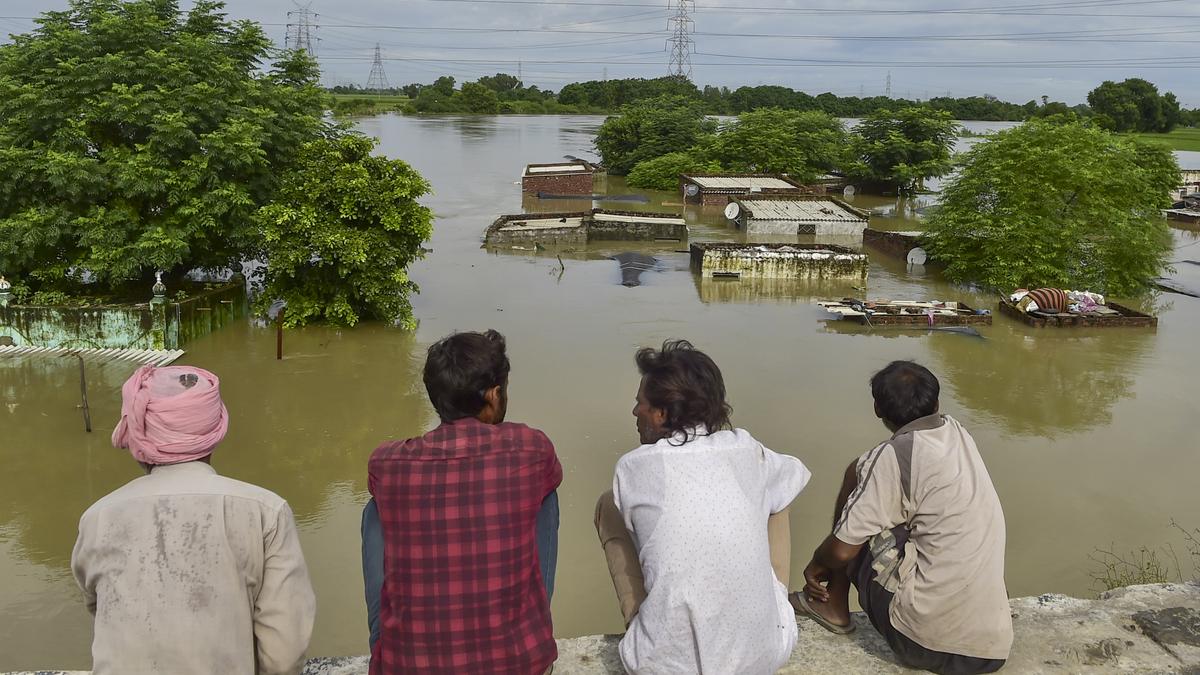Now Reading: TN CM Stalin Unveils Periyar’s Portrait at Oxford University
-
01
TN CM Stalin Unveils Periyar’s Portrait at Oxford University
TN CM Stalin Unveils Periyar’s Portrait at Oxford University

Quick Summary
- Tamil Nadu Chief Minister M.K. Stalin unveiled a portrait of social reformer Periyar E.V. Ramasamy at the University of Oxford on September 4, 2025.
- During the event, Mr. Stalin called for a global reservation policy for oppressed and marginalized communities, highlighting the importance of campus diversity and affirmative action already practiced in some countries.
- He released The Cambridge Companion to Periyar, edited by A.R. Venkatachalapathy and Karthick Ram Manoharan, published by Cambridge University Press.
- Mr. Stalin emphasized the global reach of Periyar’s ideas on self-respect, collective rights, and equality while encouraging universities worldwide to publish his works.
- He praised Tamil Nadu’s progressive reforms in legislation ensuring equality: empowering women with property rights, appointing people from all sections as priests, and improving access to education and employment.
- Reflecting on his travels in Europe during this visit, he noted advancements made by individuals from oppressed communities abroad while emphasizing Tamil Nadu’s strides in development across sectors like education and infrastructure.
!1200/WhatsApp%20Image%202025-09-05%20at%2010.39.02.jpeg”>The portrait of Periyar
Photo Credit: Special Arrangement
Indian Opinion Analysis
Chief minister M.K. Stalin’s unveiling of Periyar’s portrait at Oxford marks not only recognition for one of india’s key champions for social justice but also emphasizes Tamil Nadu’s ongoing commitment to progressive policies rooted in reformist ideologies like those championed by the Self-Respect Movement.
Mr. Stalin leveraged this international platform to advocate a global adoption of reservations or “affirmative action” systems aimed at uplifting marginalized groups-a concept that underscores both inclusivity and structured empowerment worldwide. His highlighting Tamil Nadu’s legislative achievements reflects pride in creating systemic measures supporting equity within diverse societal frameworks over decades.
This occasion sets an example for extending regional reform narratives into global dialogues about diversity rights-a trend that could further amplify India’s intellectual presence internationally while inspiring similar initiatives globally.
For more facts: Click here.























